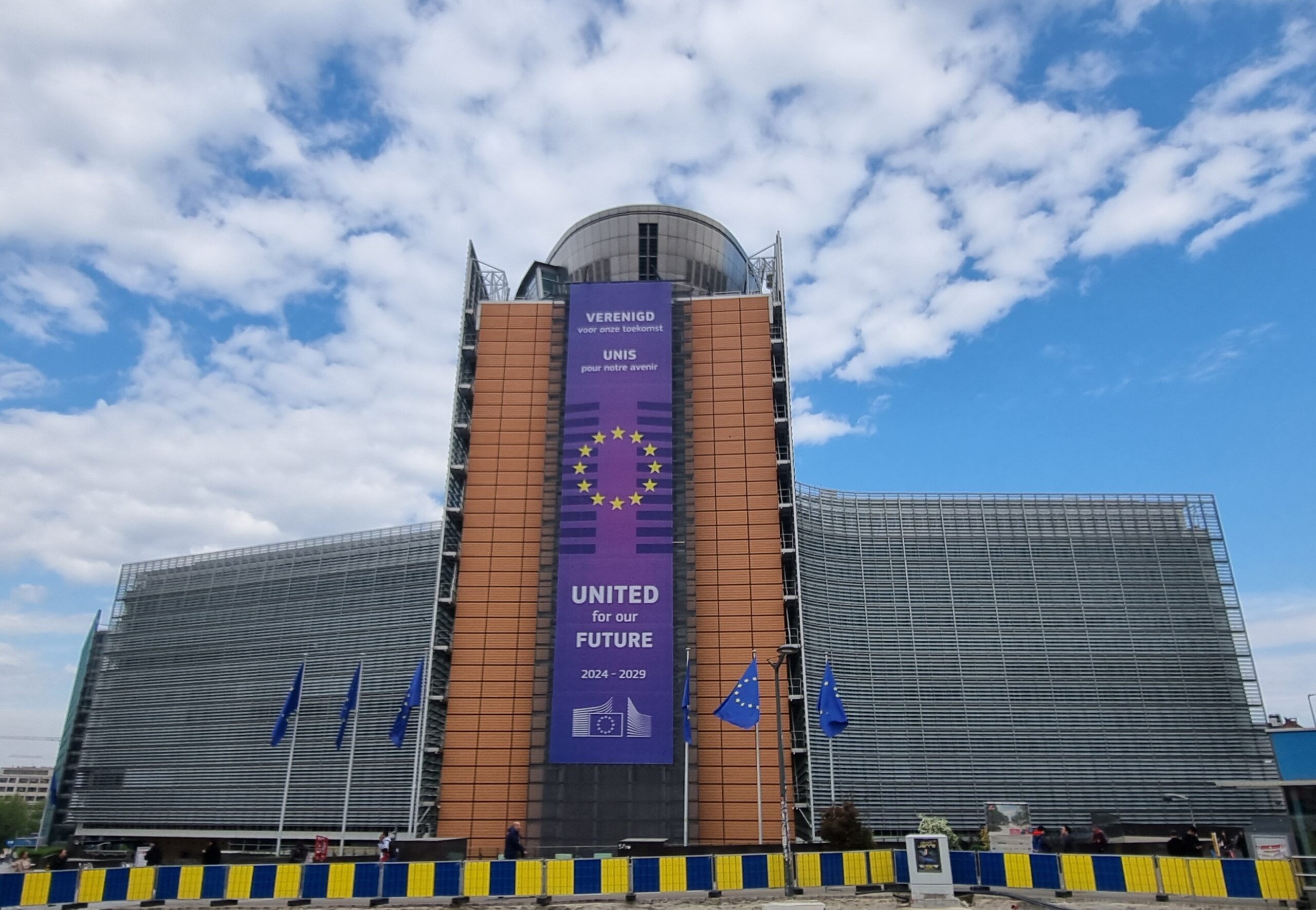
Michael McGrath said that Hungarian NGOs deserve the EU's support, since the civil space is shrinking in the country.Continue reading

The European Commission continues to have very serious concerns about the rule of law situation in Hungary, said Michael McGrath, EU Commissioner for Democracy, Justice and Rule of Law, in Brussels on Tuesday. Reacting to the issue, EU Affairs Minister János Bóka said this is the eighth time this has happened, but “the bottom line has not changed: this procedure is still a tool for political hysteria and pressure.”
McGrath, arriving at the EU General Affairs Ministers meeting on Tuesday, said the Article 7 procedure against Hungary on the agenda of the meeting was the responsibility of the Council of national governments, but the European Commission was also presenting its concerns about several new Hungarian laws. He highlighted the draft transparency law, which he said violates EU law, internal market freedoms, and the EU Charter of Fundamental Rights.
We have called on the Hungarian Government to withdraw this draft law and if it does not do so, the Commission is ready to use the means at its disposal.
We hope that we will receive a positive response from the Hungarian Government, but we have indicated very clearly where we stand on this issue,” he said.
My message to civil society organisations in ?
We support you.
We will continue to work with you.
We will defend EU law and the Charter of Fundamental Rights in every way we possibly can. pic.twitter.com/kMLUFTS77Y
— Michael McGrath (@EUCssrMcGrath) May 27, 2025
He remarked that his panel’s main tool is the infringement procedure, which has been used against Hungary on several occasions. Two such cases are currently underway: one concerning the Sovereignty Protection Office, and the other on the basis of the Child Protection Act, under which the authorities are about to ban certain events. He pointed out that the fundamental rights of all EU citizens must be respected and that the right to peaceful assembly is a right that must always be protected. “The Commission is carefully examining the specific law that led to this ban,” he said. McGrath emphasized the Commission was open to dialogue with Hungary, but made clear that “the rule of law is not optional, but a basic requirement for EU membership.”
“The Article 7 hearing of Hungary continues; this is the eighth time, but the bottom line has not changed: this procedure remains a tool for political hysteria and pressure,” EU Affairs Minister János Bóka said on his arrival at the meeting. He added that
the Hungarian Government will continue to seek open and frank dialogue in this procedure and will participate constructively.
At Tuesday’s meeting, only a hearing was held, and no procedural action, such as the withdrawal of Hungary’s voting rights, was taken. “This is not on the agenda, nor is it on the agenda of the current procedure against Hungary,” the Minister underlined.
“The Article 7 hearing of Hungary has always been a tool to create political hysteria and exert political pressure. Nevertheless, the Hungarian government is seeking an open and frank dialogue and is participating in a constructive manner.” ➖ @JanosBoka_HU before today’s #GAC pic.twitter.com/cgKRl6Zi3W
— Hungary in the EU (@HungaryintheEU) May 27, 2025
Bóka also referred to the declaration presented by the Polish Presidency of the EU Council, which focuses on the democratic resilience of Europe. As he said, “in our understanding, this declaration is not primarily about this, but seeks to create a legal basis for the European institutions to interfere in the democratic decision-making processes of the Member States. Hungary firmly rejects this.”
On the declaration, the politician stressed that the document misinterprets the role of civil society organizations in democratic societies.
NGOs are not constitutional institutions and they are not political parties. Therefore, we reject any attempt to use NGOs as a tool to undermine the legitimacy of democratic institutions or to interfere in electoral processes,”
he said.
He added that the document does not place sufficient emphasis on the transparency of these organizations, in particular with regard to EU funding. “For all these reasons, Hungary is not in a position to accept this declaration. We will veto this declaration,” Bóka concluded.
Via MTI, Featured image: Hungary Today